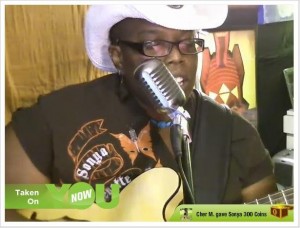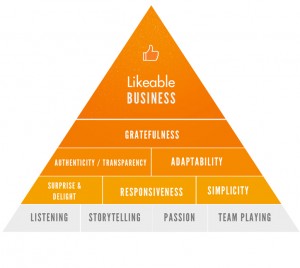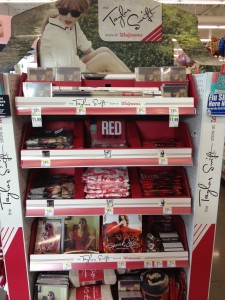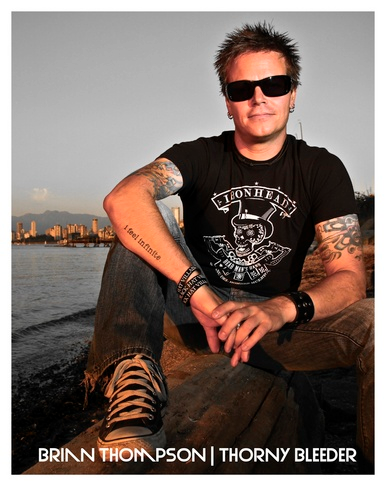 This is the second post in a series exploring the various options for musicians to stream live performances online, including StageIt, Ustream, LiveStream, Google+ Hangouts On Air, Skype, YouNow, Broadcast for Friends for Facebook, and Second Life Music. I covered StageIt in a prior blog post, StageIt 101: Creating An Intimate Experience, where I featured Vancouver vocalist and songwriter, Jody Quine. My goal is to not only give you the basic service overview, but also let you hear from an indie musician who actually uses the service regularly. For this post, I interview Texas singer-songwriter Sonya Jevette.
This is the second post in a series exploring the various options for musicians to stream live performances online, including StageIt, Ustream, LiveStream, Google+ Hangouts On Air, Skype, YouNow, Broadcast for Friends for Facebook, and Second Life Music. I covered StageIt in a prior blog post, StageIt 101: Creating An Intimate Experience, where I featured Vancouver vocalist and songwriter, Jody Quine. My goal is to not only give you the basic service overview, but also let you hear from an indie musician who actually uses the service regularly. For this post, I interview Texas singer-songwriter Sonya Jevette.
YouNow is a website that acts a bit like a collection of open mic lounges where performers queue up to perform online. There are no pre-set show times like with StageIt, YouNow is more like a public stage, where viewers watch and interact with a stream (no pun intended) of performers as they broadcast fairly short (generally 10 minutes or less) sets from their living rooms or bedrooms. Some performers perform repeatedly over the day, or queue up to re-broadcast their prior recorded shows.







